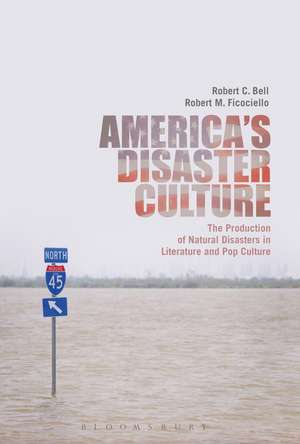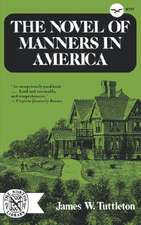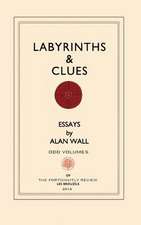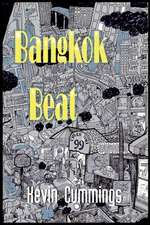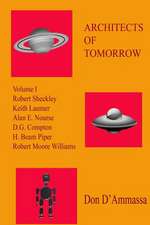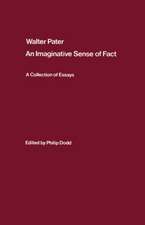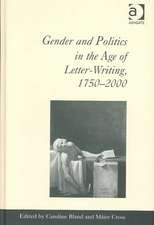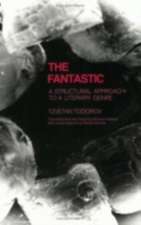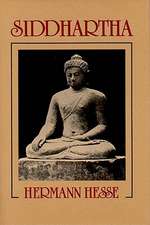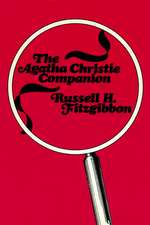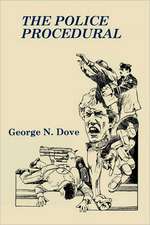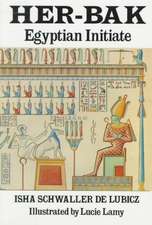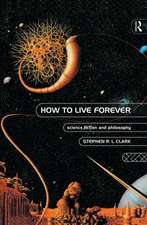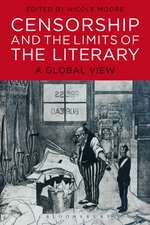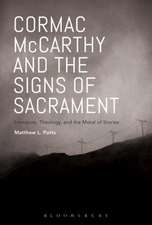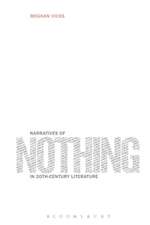America's Disaster Culture: The Production of Natural Disasters in Literature and Pop Culture
Autor Dr. Robert C. Bell, Dr. Robert M. Ficocielloen Limba Engleză Paperback – 17 apr 2019
| Toate formatele și edițiile | Preț | Express |
|---|---|---|
| Paperback (1) | 229.59 lei 6-8 săpt. | |
| Bloomsbury Publishing – 17 apr 2019 | 229.59 lei 6-8 săpt. | |
| Hardback (1) | 655.58 lei 6-8 săpt. | |
| Bloomsbury Publishing – 18 oct 2017 | 655.58 lei 6-8 săpt. |
Preț: 229.59 lei
Preț vechi: 296.46 lei
-23% Nou
Puncte Express: 344
Preț estimativ în valută:
43.93€ • 45.98$ • 36.57£
43.93€ • 45.98$ • 36.57£
Carte tipărită la comandă
Livrare economică 31 martie-14 aprilie
Preluare comenzi: 021 569.72.76
Specificații
ISBN-13: 9781501351990
ISBN-10: 1501351990
Pagini: 208
Dimensiuni: 152 x 229 x 16 mm
Greutate: 0.29 kg
Editura: Bloomsbury Publishing
Colecția Bloomsbury Academic
Locul publicării:New York, United States
ISBN-10: 1501351990
Pagini: 208
Dimensiuni: 152 x 229 x 16 mm
Greutate: 0.29 kg
Editura: Bloomsbury Publishing
Colecția Bloomsbury Academic
Locul publicării:New York, United States
Caracteristici
Examines recent disasters, such as Superstorm Sandy and Katrina, that are still alive in the American collective consciousness, as well as past events such as the Dust Bowl, which have had significant effect on American art, culture, and society
Notă biografică
Robert C. Bell is the Director for Learning Resources and Writing Across the Curriculum at Loyola University New Orleans, USA, where he also teaches. Additionally, he is the Disasters, Apocalypses, and Catastrophes area Co-Chair for the Popular Culture/American Culture Association. Robert M. Ficociello is Assistant Professor of Writing at Holy Family University in Philadelphia, USA. He is Co-Chair of the Disasters, Apocalypses, and Catastrophes area of the Pop Culture/American Culture Association.
Cuprins
Acknowledgments1. Introduction: The Death of the Natural Disaster and the Birth of Disaster Culture2. Trouble When the Dust Settles: Narrative Authority and Ken Burns3. Discourse Disaster: San Francisco Earthquakes in 1906 and 19894. Natural Disaster: September 11th, 20015. Gulf Wars: The Narratives of Iraq and New Orleans6. Sandy: Subjectivity, Celebrity, and Social Media7. The End of Disaster Capitalism: (A)bjection to (Z)ombies of Final DisastersBibliographyIndex
Recenzii
America's Disaster Culture is an excellent contribution to the growing body of literature that explores the social construction of natural disasters. Bell and Ficociello provide a much-needed, full-length study of the importance of popular culture in channeling the stories we tell about disasters: stories of experience, witness, responsibility, and memory. A vital question in this volume is to what extent capitalism feeds a seemingly ever-present, inescapable stream of disaster events and disaster images. From Hurricane Katrina to The Walking Dead, the authors explore the limits and costs of a disaster culture.
An exciting, lively and innovative investigation of the role played by capitalism and popular culture in the production and consumption of 'disaster culture.' Bell and Ficociello adroitly combine discussions of Wikipedia with readings of John Steinbeck and Cormac McCarthy, the philosophising of Jean Baudrillard with dissections of reality TV, critiques of HBO series with zombie movies and CNN, children's books, grunge music and Hollywood blockbusters in order to provide a comprehensive mapping of how 'disaster narratives' evolve in contemporary culture.
If the first decade and a half of the 21st century has taken a deep toll on the American spirit, not all the blame can be placed on political, economic, and social causes, as obvious as these are. Nature too seems to have darkened, slamming the country with 'once-in-a-lifetime' hurricanes, floods, and droughts. In America's Disaster Culture, Robert C. Bell and Robert M. Ficociello examine a century's worth of calamities to show that there is nothing new in the media exploitation and cultural consumption of events resulting from the collision of natural forces and human actions. The authors confirm what many Americans already suspect-that the boundary between an actual event and a cultural commodity has dissolved, that how we understand what has happened is decided by what we have been told, shown, and sold.
An exciting, lively and innovative investigation of the role played by capitalism and popular culture in the production and consumption of 'disaster culture.' Bell and Ficociello adroitly combine discussions of Wikipedia with readings of John Steinbeck and Cormac McCarthy, the philosophising of Jean Baudrillard with dissections of reality TV, critiques of HBO series with zombie movies and CNN, children's books, grunge music and Hollywood blockbusters in order to provide a comprehensive mapping of how 'disaster narratives' evolve in contemporary culture.
If the first decade and a half of the 21st century has taken a deep toll on the American spirit, not all the blame can be placed on political, economic, and social causes, as obvious as these are. Nature too seems to have darkened, slamming the country with 'once-in-a-lifetime' hurricanes, floods, and droughts. In America's Disaster Culture, Robert C. Bell and Robert M. Ficociello examine a century's worth of calamities to show that there is nothing new in the media exploitation and cultural consumption of events resulting from the collision of natural forces and human actions. The authors confirm what many Americans already suspect-that the boundary between an actual event and a cultural commodity has dissolved, that how we understand what has happened is decided by what we have been told, shown, and sold.
